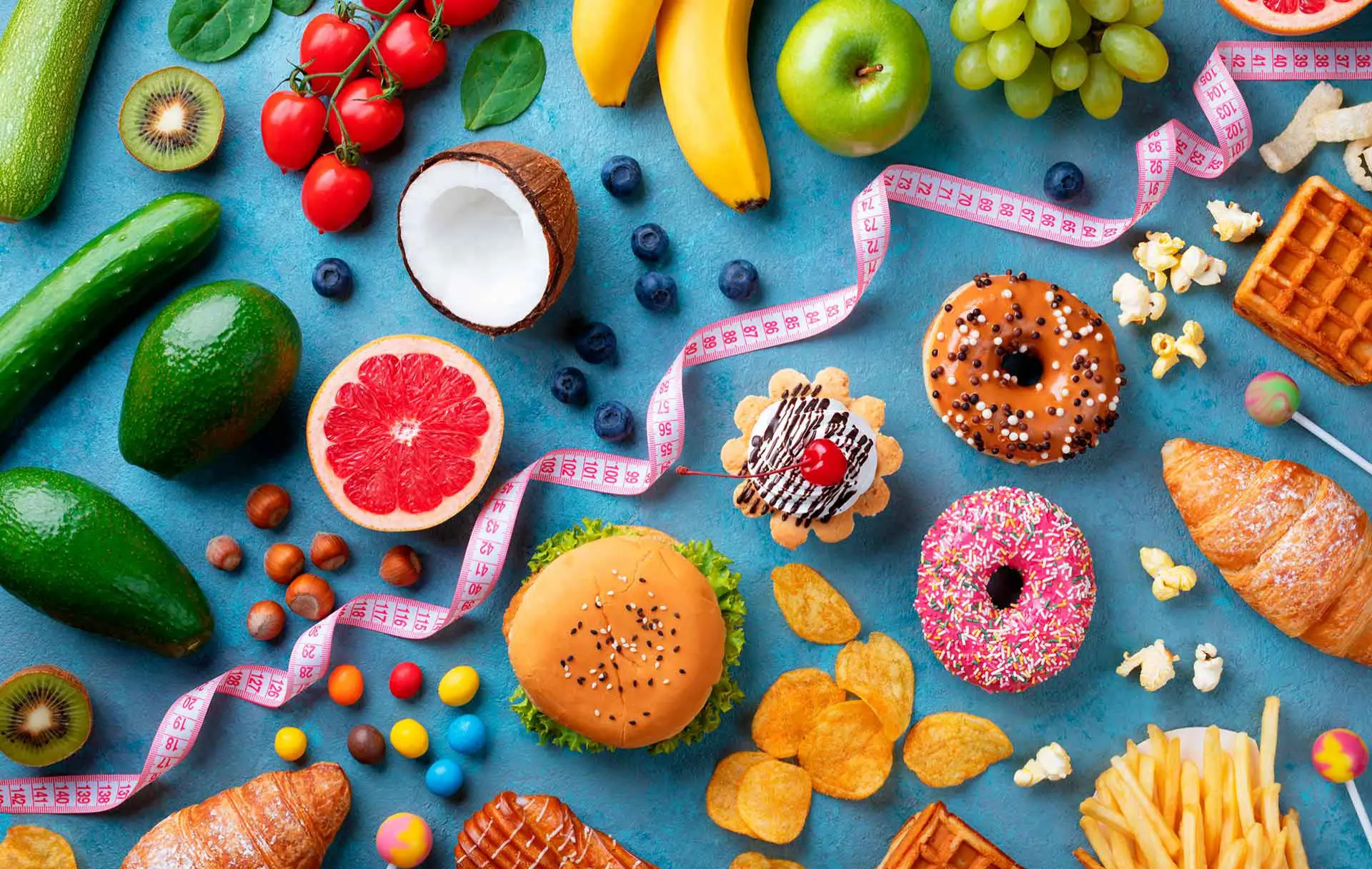You look at the nutrition label of your favorite bottle of Extra Virgin Olive Oil and shudder when you see the numbers: 120 calories, 120 calories from fat. “100% calories from FAT?! No thanks!” you think. You decide to make your eggs with that zero cal cooking spray instead.
Sound familiar?
This story is an all-too-common anecdote. Most health-conscious cooks have heard about “good fat” and “bad fat”, but regardless they still fear that “good fat” will cause them to gain weight. So, they swap their tasty, nutrient-packed EVOO for a highly processed, chemical-based alternative.
Good Fat vs. Bad Fat: What’s the difference?
In order to really understand why good fats are our friend and not our foe, we’ve got to understand the basic difference between good fats and bad fats.
Let’s get the bad guys out of the way first. French fries, butter, cheese, fatty meat, cream… these guilty pleasures might taste good, but contain all the bad fats: saturated and trans fatty acids. The problem with saturated and trans-fatty acids is that they raise cholesterol, clog arteries, make you feel sluggish, cause weight gain, and overall put your heart at risk for disease.
Enter: good fats!
Good fats, aka unsaturated fats, include two basic categories: polyunsaturated fats and monounsaturated fats.
Polyunsaturated fats help lower your blood cholesterol and triglyceride levels. Have you heard the hype around Omega-3 fatty acids? Famous for their incredible heart benefit, omega-3s found in fish, nuts, and flaxseed proudly fall into the poly category.
Monounsaturated fats also reduce cholesterol levels, as well as increase your “good” cholesterol. These fats also keep you feeling full longer, which is why nutritionists actually recommend consuming foods with this fat in moderation for weight-loss (yes, consuming fat can equal weight loss!). Monounsaturated fats are the main fat that exists in olive oil – one of the leading factors that make EVOO a power liquid!
As nutritionist Fallon Bader explained to us that good fats also help our brain function, regulate our body temperature and give us energy.
Foods full of Good Fat
One reason why the Mediterranean Diet is so healthy? It’s full of good fat! Here are some of our favorite foods that are jam-packed with heart-happy fats:
Extra Virgin Olive Oil (#1!)
Avocados
Salmon and other fatty fish
Nuts
Full fat yogurt
Eggs
Seeds like chia, flax, etc.
Beans
…Just to name a few. When in doubt, check the nutrition label and examine the breakdown of the four fats we discussed above (trans fat & saturated fat monounsaturated fat and polyunsaturated fat )
The bottom line
While bad fats (saturated and trans fats) can hurt your heart health and cause unhealthy weight gain, replacing these bad fats with good fats can actually have reverse effects, by improving your heart health and keeping you full longer.
The moral of the story? Don’t judge a bottle by its numbers. By passing up healthy fats for 0 cal substitutes, you’re not only missing out on essential nutrients, but are choosing a highly processed alternative that won’t keep you full and satisfied as long.
Humans literally can’t live without fats – just choose the right ones.
